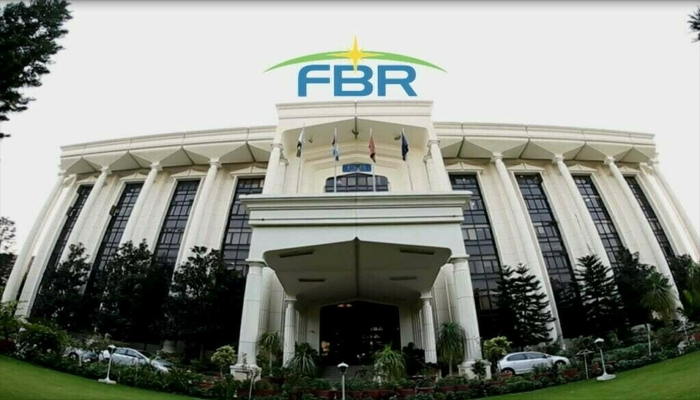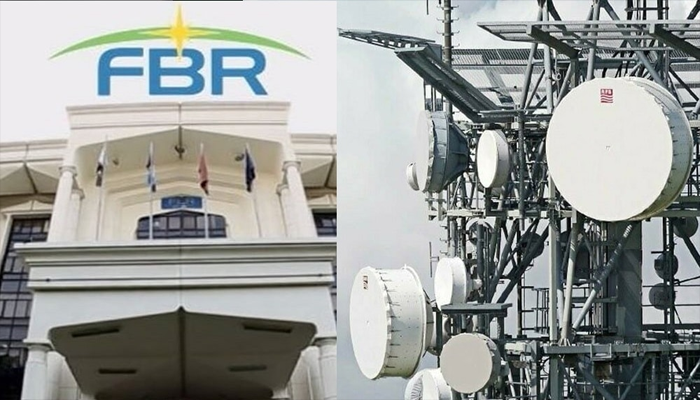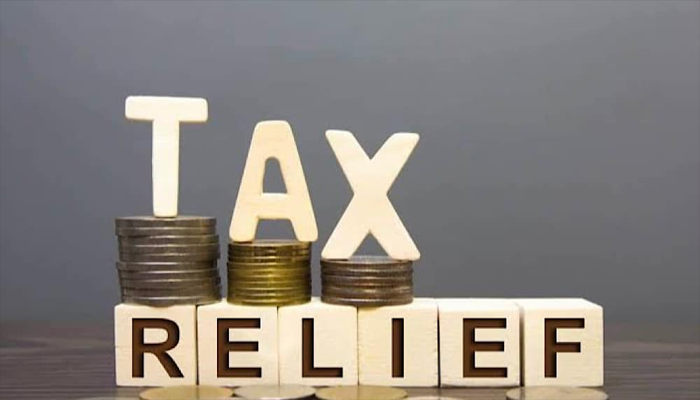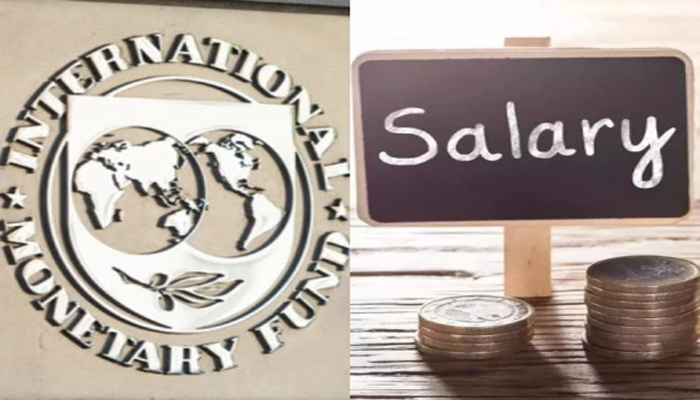KARACHI: Chairman of the Federal Board of Revenue (FBR), Rashid Mahmood Langrial, announced a major revamp of Pakistan’s tax compliance framework, pledging aggressive action against non-compliant sectors, expansion of digital monitoring, and reforms to close loopholes in sectors like tobacco, retail, and passive income.
In an interview, Langrial cited the success of the government's recent enforcement campaign in the sugar industry, which led to a 39% rise in tax collection without increasing tax rates. “The story of non-compliance in the tobacco sector will fundamentally change, just as it did in sugar,” he declared.
Langrial acknowledged that high tax rates on compliant businesses often result in informal sector growth. To address this, the FBR is now directly targeting non-compliant entities rather than burdening the formal sector. “Sugar mills that were non-compliant have gone out of business due to our monitoring. We are now achieving almost 100% compliance in most parts of the country,” he said.
To ensure accountability within the FBR, Langrial revealed that the Intelligence Bureau (IB) is monitoring tax teams to prevent internal corruption. “Thanks to the IB, we took several actions against black sheep within our own ranks,” he added.
Langrial also disclosed that a similar crackdown has begun in the poultry sector, which initial monitoring showed to be under-reporting production and evading taxes. “Just one month of checks revealed millions of rupees in income tax evasion,” he said.
Addressing tax disparities, Langrial explained the introduction of a new 15% tax on passive income—such as bank profits or dividends—compared to the 29% rate on active business income. The measure aims to eliminate the bias against business investments and promote economic growth.
Clarifying confusion around tax burdens, Langrial noted that comparing entire sectors, such as salaried vs construction, is misleading. “There exists a salaried sector within construction. We must focus on types of income, not sectors,” he explained.
He emphasized that taxing passive wealth, such as Rs50 million held in a bank account, at 15% was an effort to reduce economic distortions and ensure greater tax equity.
Langrial’s statements mark a decisive policy shift toward real-time enforcement and structural reform, aimed at building a fairer, more transparent tax regime.









